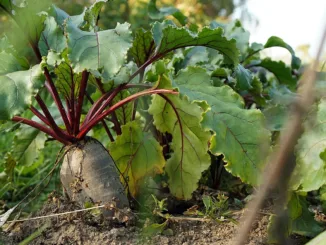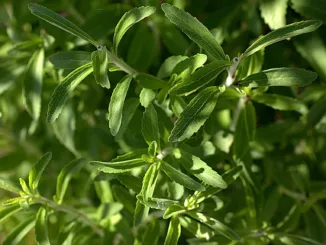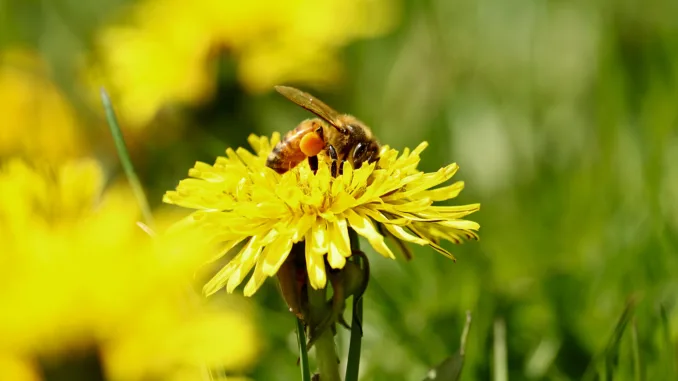
We continue our deep dive into honey, bringing to light environmental and animal rights concerns related to the product, and how the industry is addressing them.
BY EMILY JOY MENESES
BARISTA MAGAZINE ONLINE
Feature photo via Unsplash
This week we started our discussion of honey, uncovering how it’s produced, the differences between varieties of honey, and what exactly “raw honey” is. Today, we’re continuing our exploration by turning our attention to environmental concerns.
Though honey has been a café and culinary staple for as long as most of us can remember, the ingredient has come under fire in recent years, with questions of sustainability emerging. So what’s the truth—is honey actually bad for the environment? When uncovering the answer, there are a few things to consider.
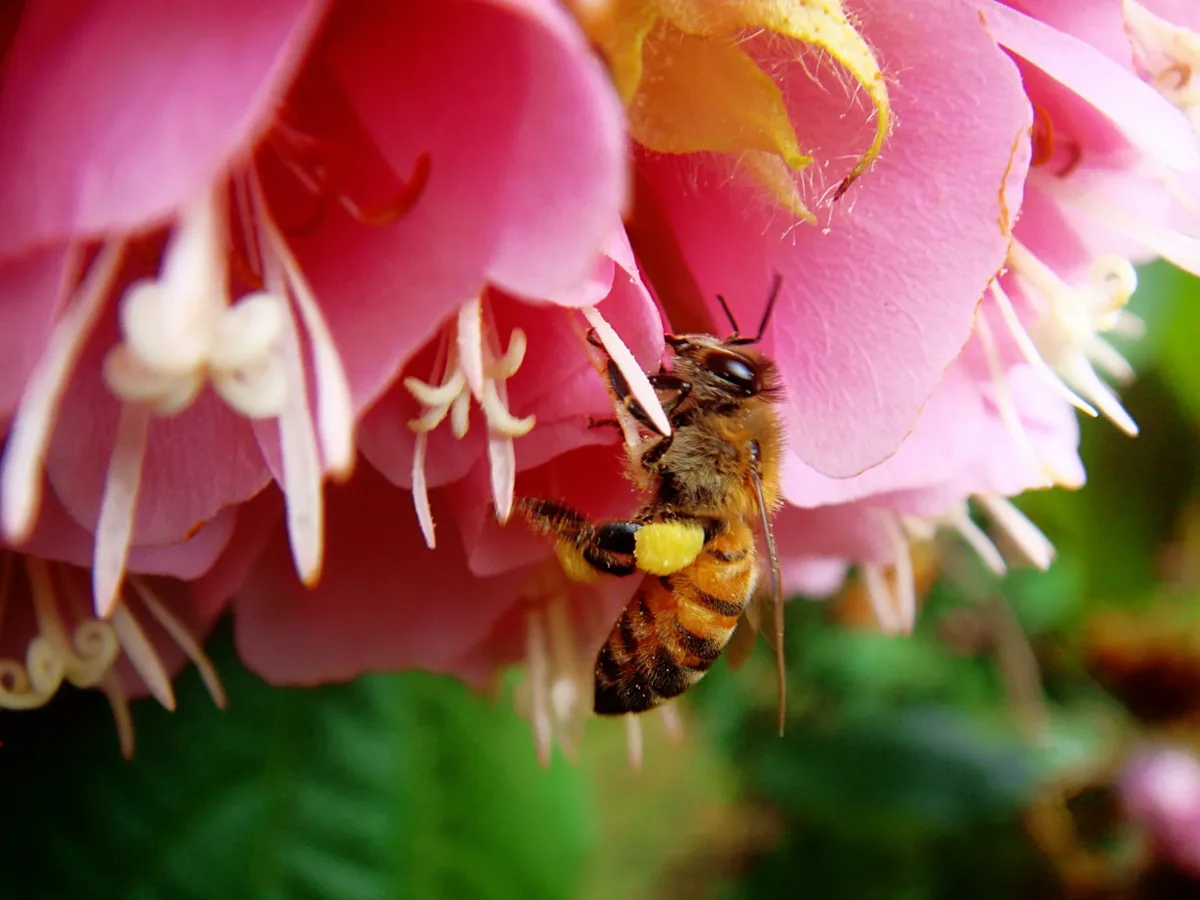
“Save the Bees”: Distortions in Messaging
Chances are that you’ve heard of the “Save the Bees” movement, a call to help preserve and restore bee populations, under the pretense that bees’ pollination of flowering trees and plants is essential to maintaining biodiversity. However, in this article for Scientific American, Alison McAfee, Ph.D., a honey bee researcher and postdoctoral fellow at North Carolina State University’s Department of Entomology and Plant Pathology, points out the distortions in the campaign’s messaging and how it’s harming, rather than helping, the environment.
According to Alison, the media disproportionately covers the need for honey bees over native bees, though only about 5% of the global bee population is made up of honey-producing bees. As a result, hundreds of thousands of Americans have taken up honey beekeeping as a hobby, believing it to be a conservation practice. In reality, native bees are the ones at risk of extinction and in need of attention and support. The increased presence of honey bee colonies has also led to increased competition between native bees, with honey bees monopolizing floral resources and taking sustenance away from already-in-decline native bee populations.
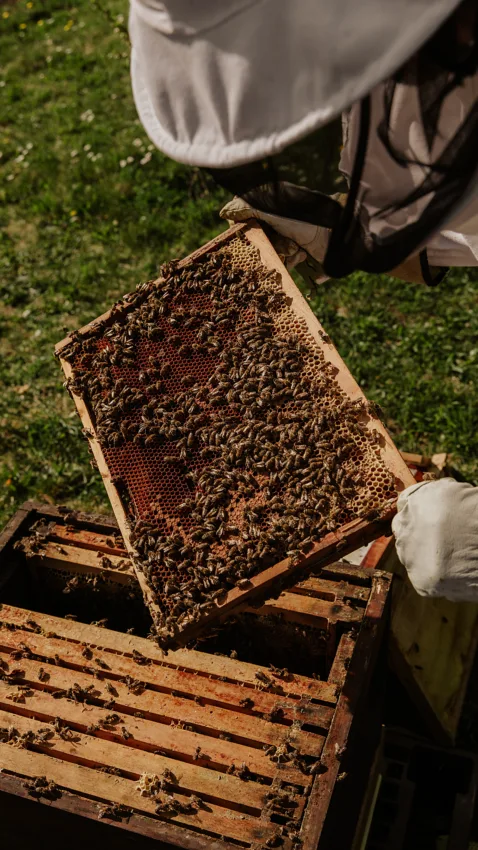
While “Save the Bees“ has good intentions, it’s important to note that honey bees aren’t the only ones in need of saving. If biodiversity is what we’re after, we need to turn our attention to native bees, too.
A Double-Edged Sword
Even amidst concerns around honey beekeeping and honey production, it’s important to compare honey’s effect on the environment to other sweeteners. While honey has its own problems, many still point to the fact that it’s more sustainable than sugar for a number of reasons.
First off, honey production doesn’t require land cultivation the way that sugar production does. Sugarcane fields require acres of land, leading to deforestation and the destruction of thousands of animals’ natural habitats. In addition, honey production emits fewer greenhouse gasses compared to sugar production. It requires less equipment and, typically, less travel; most sugar in North America has to be imported from South and Central America, Australia, and the Caribbean.
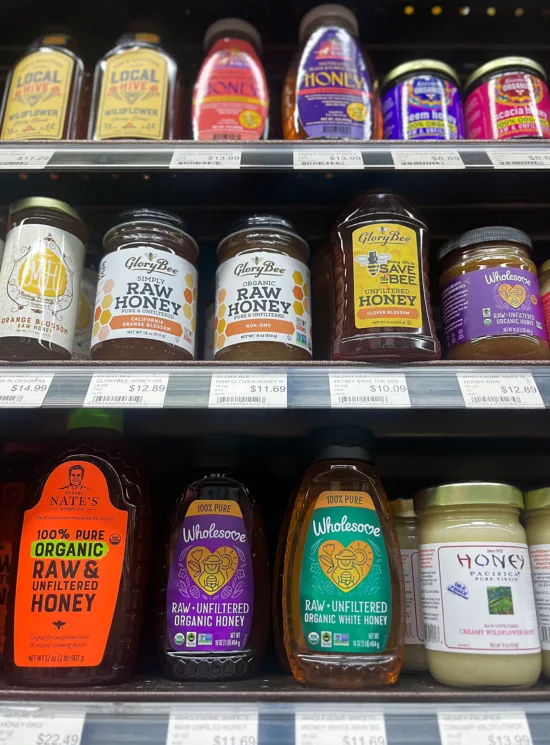
Making Choices as a Consumer
We can’t tell you what the right answer is for you when it comes to honey consumption—but, knowing the varying sides of the debate, you can make more informed decisions in your everyday life. Stay tuned for future installments of our “Know Your Sweeteners” series, where we’ll discuss molasses, agave, and more.
ABOUT THE AUTHOR
Emily Joy Meneses (she/they) is a writer and musician based in Los Angeles. Her hobbies include foraging, cortados, vintage synths, and connecting with her Filipino roots through music, art, food, and beverage.
Subscribe and More!

Out now: It’s the December 2023 + January 2024 issue! Read it for free with our digital edition. And for more than three years’ worth of issues, visit our digital edition archives here.
You can order a hard copy of the magazine through our online store here, or start a subscription for one year or two.


